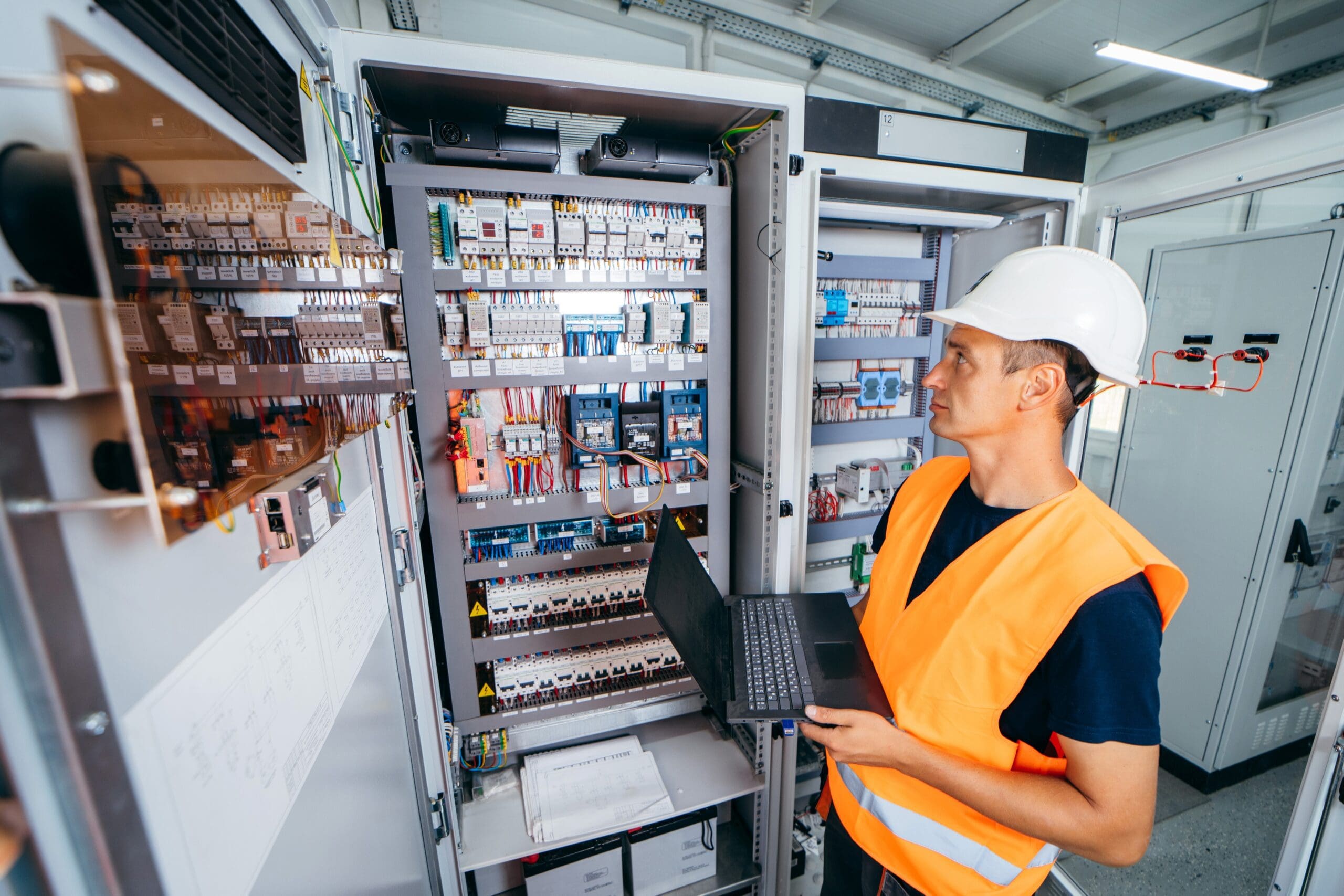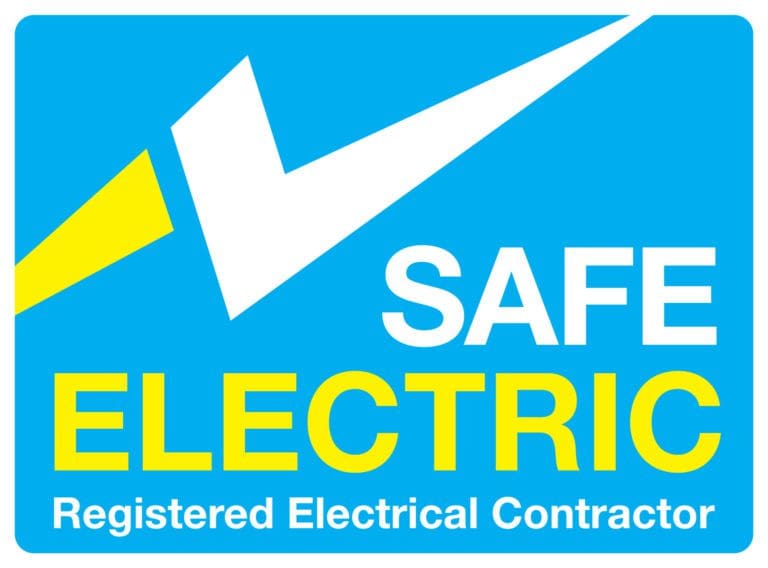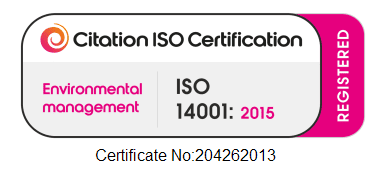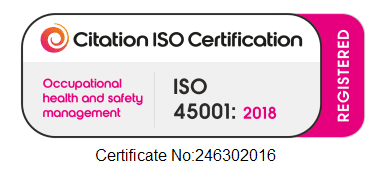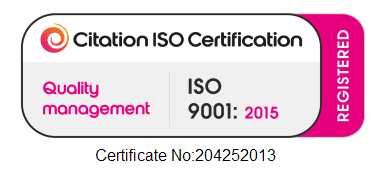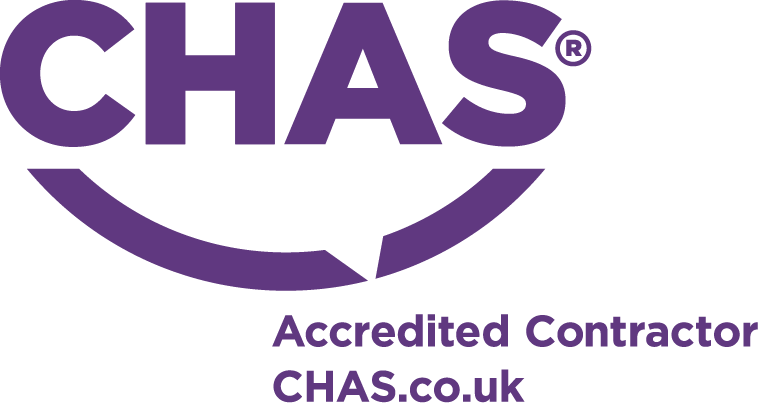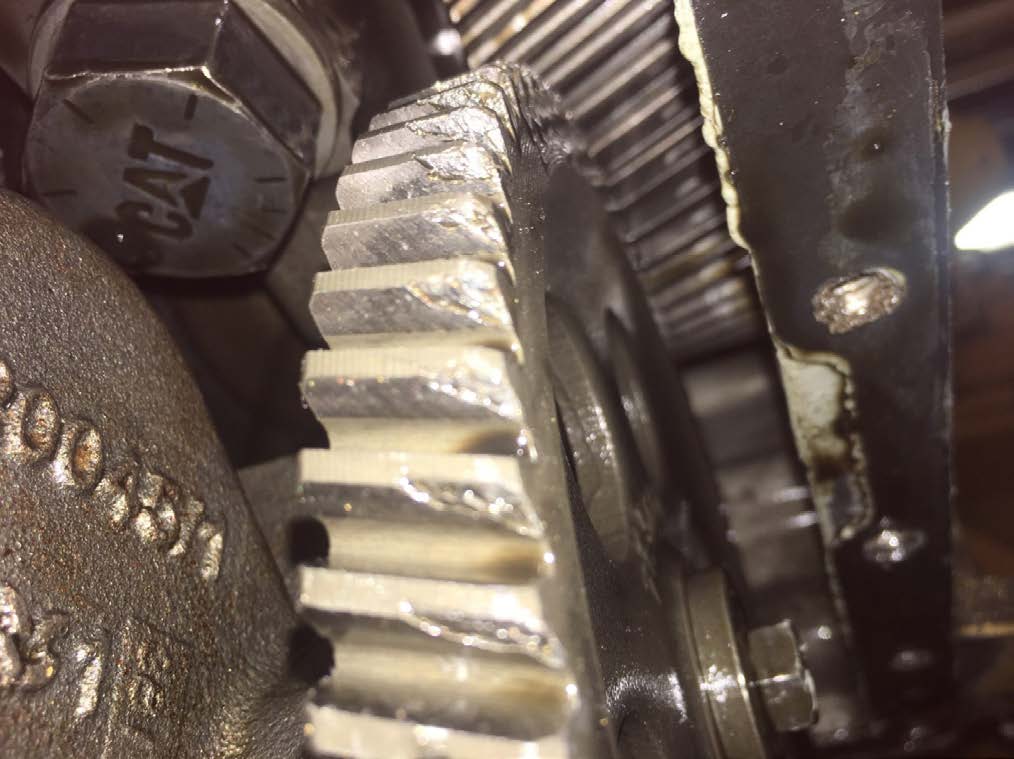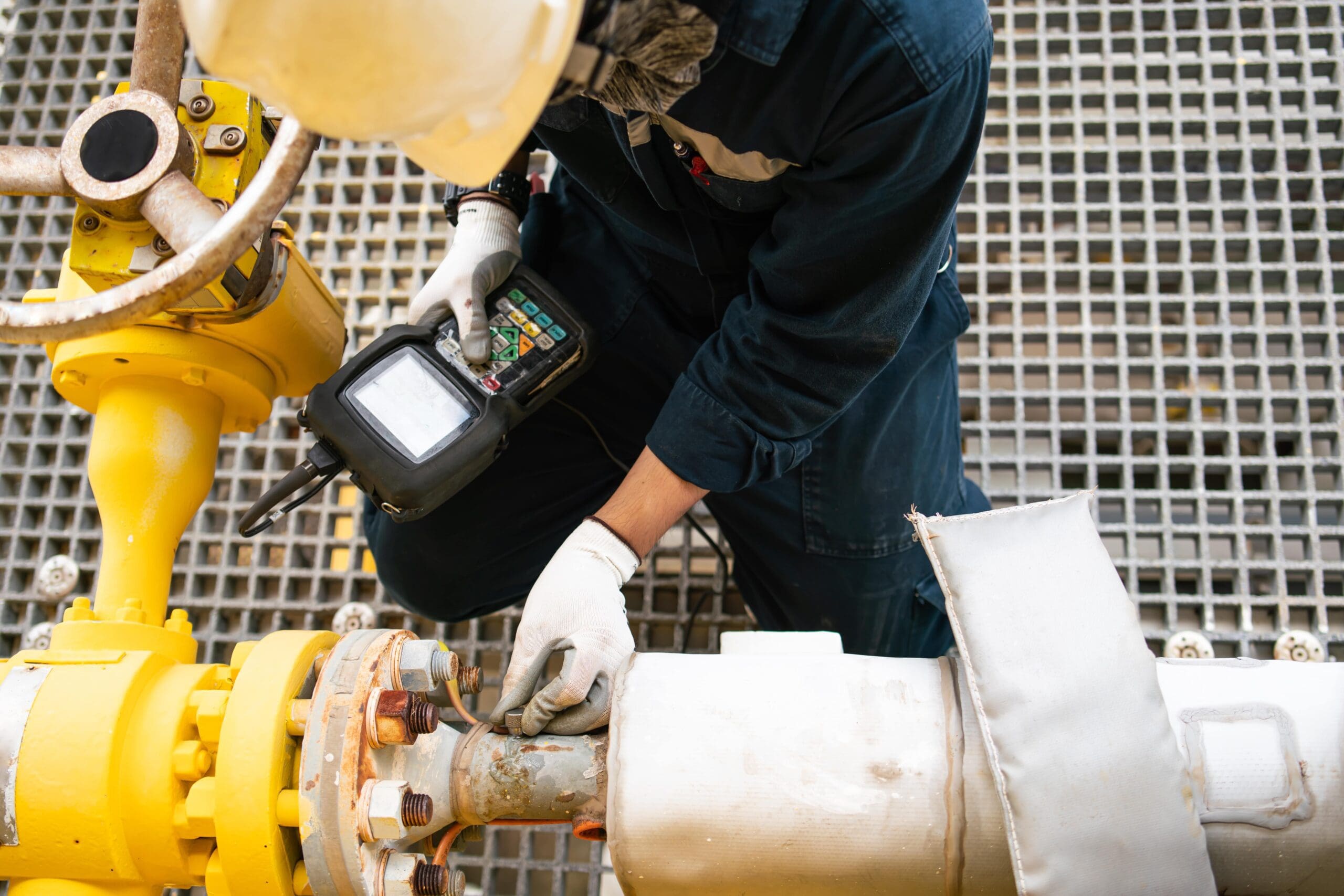
Reduce risk and maintain compliance with our specialist risk management services.
We’re proud to be a leading provider of complete life cycle risk management solutions. From ensuring asset safety and legal compliance with our thorough engineering inspections to driving operational efficiency with our specialist non-destructive testing services, (and much more in between), we’re proud of the long-lasting partnerships we have formed with our customers over the last 160 years, based on the value of our solutions.
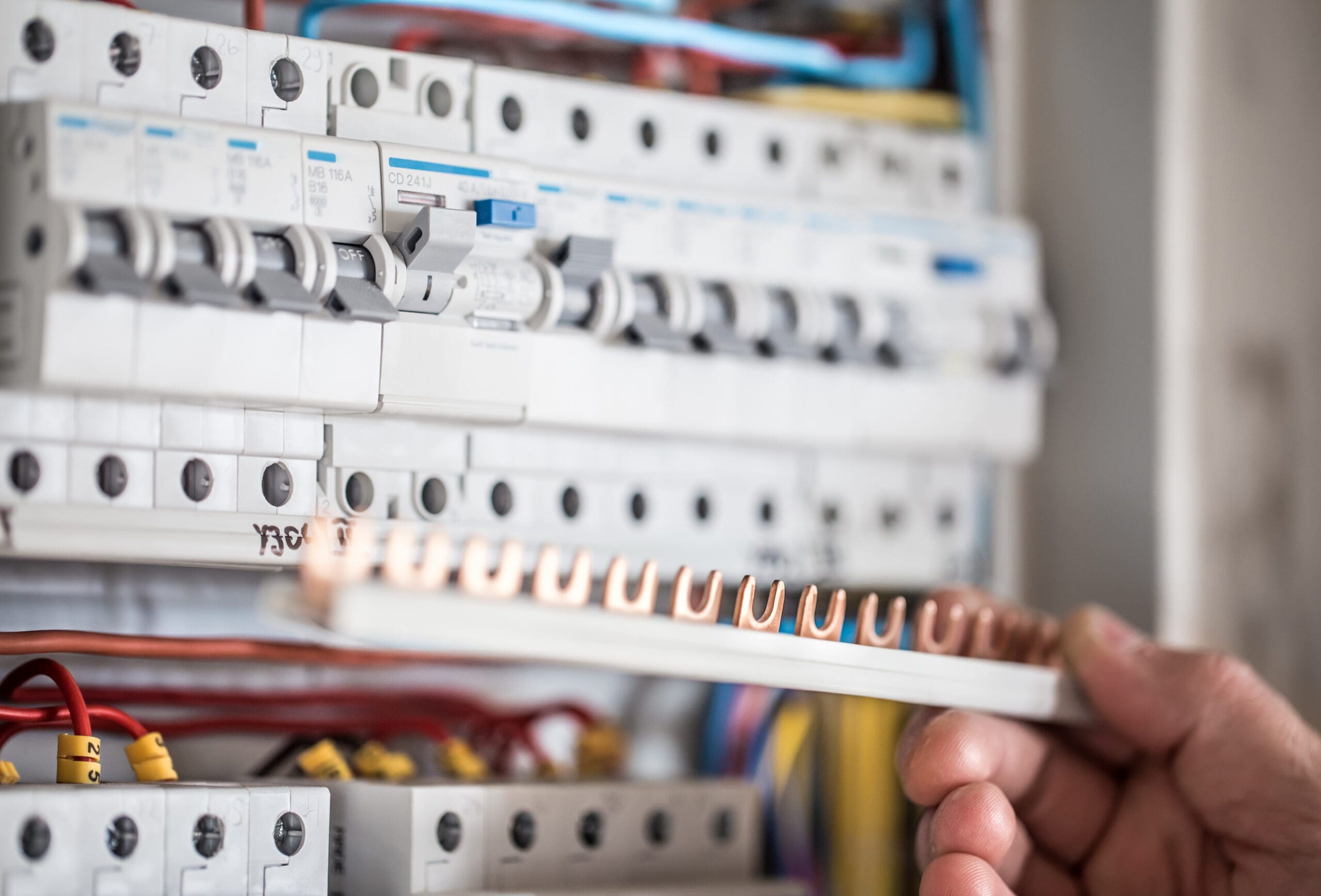
Electrical Testing (EICR)
Ensure electrical safety and compliance with our EICR (Electrical Installation Condition Report) service
At BES Group, our team of industry-experienced electrical engineers are here to alleviate the burden of managing inspection schedules, allowing you to focus on your core activities, with our specialist Electrical Installation Condition Reports (EICRs).
Our dedicated team will ensure that your business remains safe and compliant with regulatory standards while helping you to avoid complications and securely maintain your electrical infrastructure.

Secure your electrical safety with an EICR report
Not only are EICRs a crucial tool to make sure your electrical systems are compliant, but they can also ensure the safety of your electrical system for you and your people.
Also known as Fixed Wire Testing and Periodic Inspection and Testing of an electrical installation, EICRs play a key role in making sure an electrical system is in a good enough condition for continued use by property owners and the public.
An EICR is also used to determine:
- The integrity of an installation
- Any damage to sockets and switches
- If the premises is compliant with the latest regulations
Essentially, Periodic Inspections are a report into the condition of an electrical installation. Report findings can be used to develop safety measures, mitigate risk, and identify and rectify any faults found with remedial works.
If you’re a duty holder or facilities manager for a commercial or SME industrial premises, keeping your electrical installations safe and compliant falls on you. And that’s what we’re here for.
Ready to elevate your electrical compliance?
Let our experts handle the intricacies of Electrical Installation Condition Reports, ensuring your complete safety and regulatory compliance. Contact us today to schedule your Electrical Inspection and Condition Report.
Schedule a call Schedule a call Schedule a callHow we'll work with you
1. Visual Inspection
Our seasoned electrical engineers will begin the EICR report by conducting a thorough visual examination of your electrical infrastructure, meticulously inspecting every aspect of the system for potential hazards. This step will detect any visible signs of damage or deterioration, including:
- Cracks or breaks
- Overheating
- Loose connections
- Exposed wires or conductors
- Damaged insulation
- Evidence of water damage
2. Dead testing
Once the visual inspection is complete, our electrical engineers will carefully disconnect the electrical installation from the mains power supply, creating a safe environment for thorough testing.
This initial step ensures that no electrical currents are flowing through the system during testing to minimise the risk of electrical shock or accidents. Under dead conditions, our engineers will perform a series of rigorous tests to assess the integrity and safety of individual circuits within the electrical installation. These tests include:
- Insulation resistance test
- Continuity test
- Earth Fault Loop Impedance (EFLI) test
3. Live testing
After completing the necessary dead tests to ensure the safety of the electrical installation, our engineers will carefully reconnect the power supply to perform live testing.
This process involves applying a controlled amount of current to the electrical system while monitoring for any abnormalities or potential faults. The primary goal of live testing is to identify any hidden or intermittent faults that may not be detectable during dead testing. This includes checking for:
- Overheating
- Earth fault current
- Voltage drop
4. Further examination
Once the comprehensive dead and live electrical testing is complete, our electrical engineer will also check the electrical installation’s components, conducting examinations of:
- Earthing and Bonding
- Switches, Power Outlets, and Light Fittings
- Sockets
- Overcurrent Protection
Once the inspection has finished and if any issues or faults are found, they will be recorded by our engineer and detailed in the EICR report for further remedial action.
Book your EICR todayFAQs
Is an EICR a legal requirement?
+
EICRs for commercial buildings are not a legal requirement. However, an up-to-date electrical certificate can show that a building’s electrical installations are safe and compliant, in line with regulations like the Health and Safety at Work Act and the Electricity at Work Regulations 1989.
How often should an EICR be done?
+
How often Periodic Inspections are carried out depends on several factors, including the type of environment it’s in. This means that the higher the risk, the more frequently an EICR report needs to be carried out.
Some of the factors that can increase inspection frequency include:
- Areas that are exposed to extreme temperatures or moisture like laundrettes, swimming pools, and saunas
- Densely populated places that are open to the public, such as cinemas, hospitals, and petrol stations
- Organisations that use flammable gases and chemicals
- Dusty environments
How long is an EICR valid for?
+
In general, Fixed Wire Tests are valid for 5 years. However, the type of installation being tested, how often it’s used, and the environment it’s in should be considered when thinking about when to have your next EICR report.
Our team of experts will work directly with you, taking your requirements into account, to make sure your electrical assets are kept compliant with the latest regulations, in top condition and, most importantly, are safe for continued use by you and your people.
Who can complete an EICR?
+
The Government stipulates that whoever carries out an EICR inspection and test must be ‘qualified’ and ‘competent.’
With ‘qualified and competent’ being a broad definition for an EICR report, the government recommends making sure whoever carried the EICR out is part of a competent person’s scheme, or can verify their competence, experience, insurance, and qualifications.
But we don’t believe that’s enough to ensure someone is reliable enough to carry out an EICR at premises you own or manage. In fact, the BES Group believe that because an EICR test is so important for maintaining the safety, efficiency, and compliance of your electrical system, you should only have the absolute best person for the job carrying it out. And that’s where we come in, we’re pleased to say that we’re both qualified and compliant.
Only registered electricians should carry out an EICR. And, we’re pleased to say, our team of electrical engineers truly are the best in the business, with the skill, experience, and expertise to fulfil all your electrical testing needs.
Who/what is the governing body of EICR?
+
While Electrical Inspection and Condition Reports do not fall under any governing body like the Electrical Contractors Association (ECA) or the National Inspection Council for Electrical Installation Contracting (NICEIC), they are regulated by the government.
The Electricity at Work Regulations 1989 states that if a building or premises is used for commercial, industrial, service, or any other public or non-dwelling use, then both facilities managers and duty holders have legal requirement to keep the electrical system safe at all times. As part of this, duty holders must:
- Have the electrical system constructed in a way that prevents risk
- Maintain the electrical systems as necessary to prevent danger, which includes a 5-year fixed installation inspection, also known as fixed wire testing or an EICR report
- Carry out work on electrical systems in a way that prevents risk
It’s up to duty holders and facilities managers to maintain their EICR inspections, but the BES Group are here to take away any stress. We’ll work with you to schedule inspections when, and only when, they need carrying out, with minimal fuss and disruption to you and your business.
How our Fixed Wire Testing service can benefit you!
Prevent fires
Periodic Inspections are a key way to identify and fix electrical problems that could lead to fires, helping to protect your people, workplace or business from serious injury and damage.
Ensure safety
Fixed wire testing is the most comprehensive way to ensuring that your electrical installations are fit for purpose and safe to use, keeping your people from electrical shocks and other hazards.
Stay compliant
While EICRs are not, in themselves, a legal requirement, they’re one of the only ways to fulfil the duties laid out by a whole host of regulations, including the Electricity at Work regulations. The penalties for non-compliance with these regulations range from unlimited fines to prison time.
Our credentials
View all our accreditationsDid you know...
71%
of electrical fires were started by appliances in 2017, according to Electrical Safety First.
40%
of businesses in the UK are estimated to have their fixed electrical installations tested regularly, as found by Electrical Safety First.
350,000
injuries and 70 deaths are caused by faulty electrical equipment in the UK each year, according to Electrical Safety First.
Hear what our customers have to say

We care about the journey we take our customers on, but it’s not our word you should be taking, see what our customers think of the service we provided!

